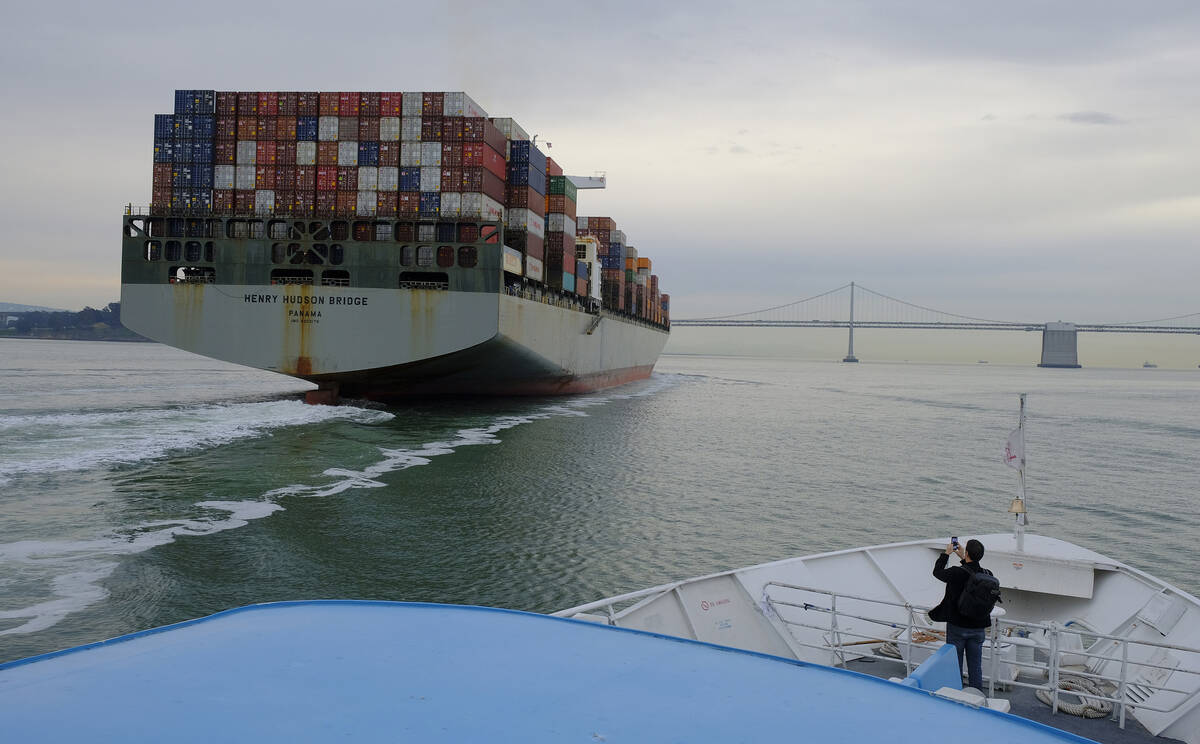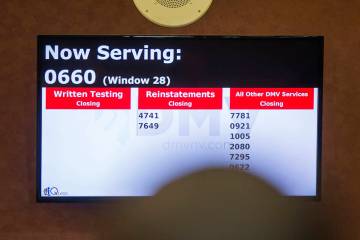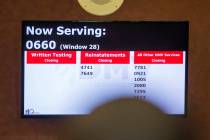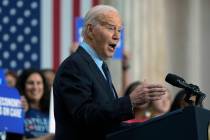EDITORIAL: Bigger government won’t solve supply chain problems
The Biden administration is growing increasingly nervous that inflation fears could dampen voter enthusiasm for any record-setting spending extravaganza that emerges from Congress — never mind the relationship between rising prices and government efforts to “stimulate” the economy.
Two weeks ago the White House announced the creation of a task force designed to address supply chain issues that have made it difficult for many industries.
“They are going to be bringing together all stakeholders to really diagnose the problems,” Sameera Fazili, deputy director of the National Economic Council, told The New York Times, “understand what’s going on out there in these markets and see what actions can be taken to close those vulnerabilities.”
The move comes eight months after President Joe Biden issued an executive order requiring a review of supply chains for goods that are traditionally imported. “The move was intended to address concerns about supply chain resiliency and long-term competition with China,” the Times reported.
That’s great — as far as it goes. But this White House is no friend of deregulation and has made clear that it will nurture the ever-expanding administrative state rather than challenge it. Given that many of these supply chain bottlenecks are themselves the result of government red tape, where does that leave Mr. Biden’s commitment to tackling the problem?
For instance, Reason’s Eric Boehm reported this week that strict zoning rules limiting where empty shipping containers may be stacked has contributed to backlogs in Long Beach, California, where ships are backed up waiting to deliver goods. The result: There’s no more room for empty containers in some trucking yards, leading to inevitable distribution delays.
Only last week did Long Beach officials suspend the rules.
CNBC also reports that new climate change regulations set to be imposed in 2023 will require ships to sail at slower speeds, which would “effectively reduce much-needed capacity from the system just when it is needed.”
There are indeed numerous factors contributing to the problem, including the pandemic and a shortage of workers. But the administration has done nothing but exacerbate the latter with its generous jobless and pandemic checks.
“The current crunch should change ideas,” John H. Cochrane of the Heritage Foundation wrote last week for marketwatch.com. “Renewed respect may come to the real-business-cycle school, which focuses precisely on supply constraints and warns against death by a thousand cuts from supply inefficiencies.”
That’s not what this administration wants to hear. As a consequence, don’t expect White House central planners to make a dent in this problem any time soon.






















